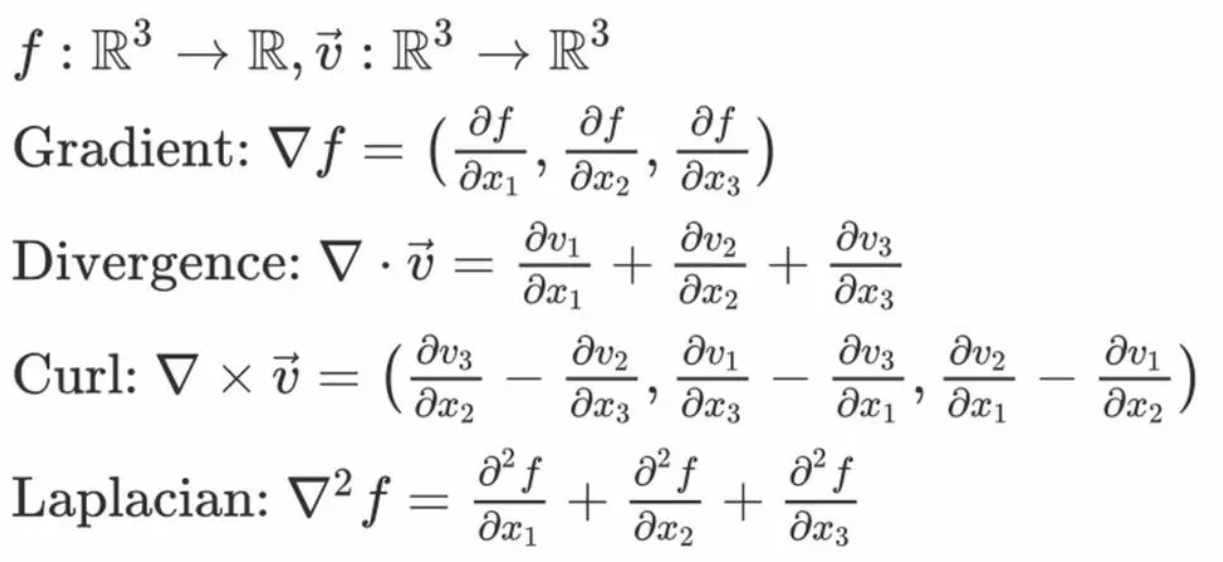Articles
Ing-Lung HWANG
We first prove the $L^2$-boundedness of a Fourier integral operator where it's symbol $a\in S^0_{\frac {1} {2},\frac {1} {2}}({\mathbb R}^n\times {\mathbb R}^n)$ and the phase function $S$ is non-degenerate, satisfies certain conditions and may not be positively homogeneous in $\xi$-variables. Then we use the above property, Paley's inequality, covering lemma of Calderon and Zygmund etc., and obtain the $L^p$-boundedness of Fourier integral operators if (1) the symbol $a\in \Lambda_{k}^{m_0}$ and ${\rm Supp}\ a=E\times {\mathbb R}^n$, with $E$ a compact set of ${\mathbb R}^n (m_0= -|\frac {1} {p}-\frac {1} {2}|n, 1<p\leq 2, k>\frac {n} {2} ; 2<p<\infty, k>\frac {n} {p})$, (2) the symbol $a\in \Lambda_{0,k,k{'}}^{m_0} ( m_{0}=-|\frac {1} {p}-\frac {1} {2}|n, 1<p\leq 2, k>\frac {n} {2}, k'>\frac {n} {p}; 2<p<\infty, k>\frac {n} {p}, k'>\frac {n} {2})$ with the phase function $S(x,\xi)=x\xi+h(x,\xi),x,\xi\in {\mathbb R}^n$ non-degenerate, satisfying certain conditions and $∂_\xi h\in S_{1,0}^{0}({\mathbb R}^n\times {\mathbb R}^n)$, or (3) the symbol $a\in \Lambda_{0,k,k'}^{m_0}$, the requirements for $m_0,k,k'$ are the same as in (2), and $∂_\xi h$ is not in $S_{1,0}^{0} ({\mathbb R}^n\times {\mathbb R}^n)$ but the phase function $S$ is non-degenerate, satisfies certain conditions and is positively homogeneous in $\xi$-variables.
